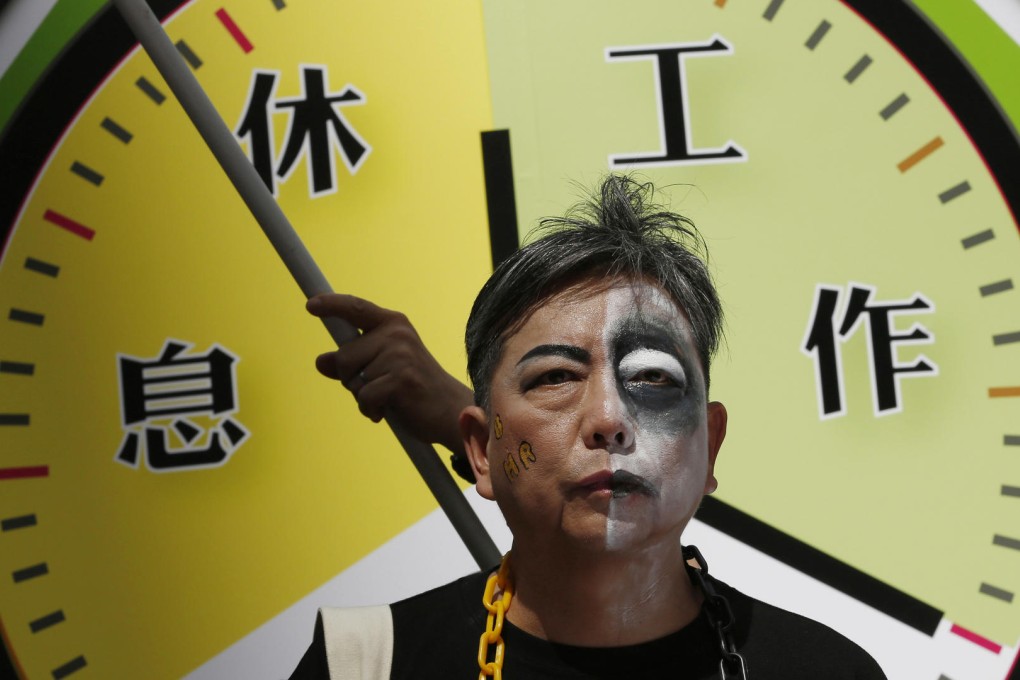Government's role in shaping Hong Kong's economy should be limited, despite what Leung Chun-ying says
Shirley Yuen says the chief executive's worrying call for an 'appropriately proactive' intervention by the government to steer growth ignores Hong Kong's legacy as a free economy

When commentators in high-tax jurisdictions bash Hong Kong for providing a more competitive business environment, we nod politely and encourage them to learn to live within their means. Similarly, when our own political activists bad-mouth the business sector, we patiently remind them that a stable and predictable business environment is the necessary precondition of a prosperous society.
But when Chief Executive Leung Chun-ying proclaims that positive non-interventionism is "outdated", we wonder what the proper role of government should be. For an economy such as Hong Kong's, with no natural resources except its people, the government's role should be to develop talent to their best potential. It should create a stable environment and a level playing field where enterprises can compete in an open and fair manner. It should also help the vulnerable elements of society and ensure all quarters in the community enjoy a certain level of living. There is a role for the government if markets fail and in providing essential infrastructure and institutions. But beyond the above, a government should minimise its participation in the economy. Market forces are the best way for an economy to find its place and develop.
For decades, the government has worked hard to defend Hong Kong's hard-earned accolade of being the freest economy in the world. The business community applauds this and has played its part in creating jobs and wealth for Hong Kong.
Business does not need bureaucratic interference. It needs a government that articulates a vision of who we are and what we strive to be
About 35 years ago, then financial secretary Philip Haddon-Cave said: "The open nature of our economy means that the achievements of growth, and growth with stability, is dependent on forces largely outside our control. Generally speaking, this must lead on to the recognition that it would be futile for the government to intervene in the economy."
He went on: "The government weighs up carefully the arguments for and against an act of interventionism in any sector of our economy and ... then comes to a positive decision."
His words have been echoed by subsequent leaders. Now, however, we are told that this no longer works and an "appropriately proactive" intervention by government is needed to steer economic growth.
We firmly believe the bedrock of Hong Kong's success has been the adherence to free market principles coupled with an intensely competitive, risk-taking entrepreneurial sector supported by good infrastructure, sensible fiscal policies and a light regulatory hand. Our success is based on honest and efficient institutions, competitive tax rates, social cohesion, political stability and the freedom to pursue those opportunities that make business sense.